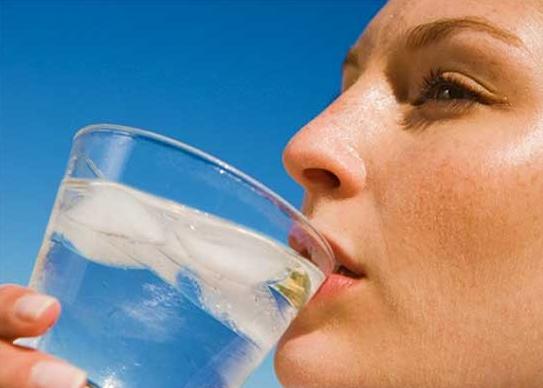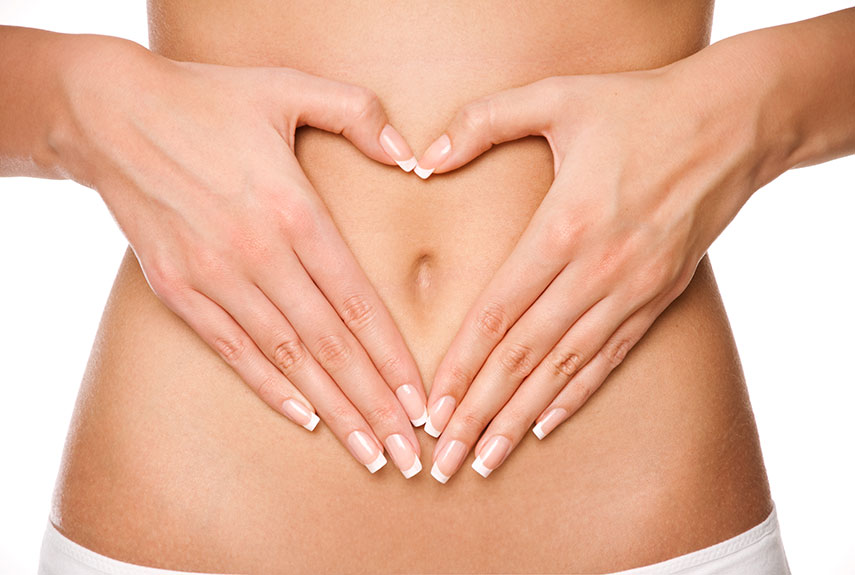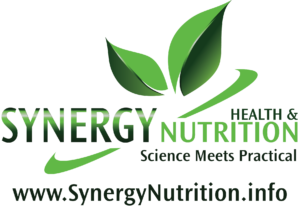“All disease begins in the gut.” —Hippocrates
There is another old saying: “death begins in the colon.” Although oversimplified, the road to health requires a healthy intestine and functioning digestion. For many, healing digestion is where health begins. Unfortunately, many people confine their understanding of their intestine to fecal matter.
- 80% of your immune system is located in your digestive system.
- 90% of your nutrients are absorbed through your intestines
- 95% of your serotonin is manufactured in your digestive system.
The intestinal tract is essentially a continuous tube from the mouth to the anus. Each part of the tube has a specific function to perform:
- Digestion—transferring the nutrients in food into the body.
- Serving as a home to beneficial bacteria that help extract nutrients from our food.
- Processing the waste from the food we eat and eliminating it from the body.
- Serving as a drainpipe to collect and remove waste produced as a result of your body’s metabolic functions.
- Serving as a drain for toxic substances absorbed through our lungs and skin, etc. and processed via the liver.
- Functioning as a first line of defense in the body’s immune system by killing unhealthy bacteria, fungus and parasites ingested with our food.
Many people first think they have colon trouble when they don’t have regular bowel movements or feel bloated or gassy. Often, their next step is an invasive remedy such as colonics or laxatives or some other approach that fails to address the root cause. But rarely are these harsh approaches a good idea as they usually create more harm than good.
Fourteen signs your colon needs help:
- Bloating, gas, cramps or lower left abdominal quadrant tenderness (often on the right in Asians)
- Heartburn, belching, acid reflux, nausea
- Constipation or chronic diarrhea (ideal is one bowel movement for each meal you eat)
- Partially digested food or oils in your stool
- Chronic fatigue (especially after eating)
- Rectal itching or bleeding
- Allergies and food sensitivities
- Mood swings, severe PMS, impotence
- Brain fog, light-headedness (especially after eating or even small amounts of beer, wine, or sugar)
- Sensitivity to perfumes, smoke, odors, etc.
- Recurrent skin infections, especially fungal infections
- Gallstones (little pebbles made up of cholesterol and bile salts—this can also indicate liver congestion)
- Diverticulitis (abnormal bulges in the colon, called diverticula, that have become inflammed and/or herniated)
- Inflammatory Bowel Diseases (IBD) such as Crohn’s disease, celiac disease or ulcerative colitis (note: no definitive test exists for these autoimmune diseases where a wayward immune system attacks its own digestive tract. In severe cases, these can result in intestinal blockage requiring surgery. The solution and prevention is to handle and then continuously hold in check the inappropriate immune response by eliminating offending foods and chemicals, and then allowing enough time for the colon to heal before re-introducing potentially-allergenic but overall beneficial foods.)
How to cleanse, soothe, heal, and rebalance your colon
 The absolute best way to restore health to your colon is to eat the right foods abundantly and drink plenty of clean spring water (avoid low pH reverseosmosis or artificial high pH water). But what the “right foods” are is different if you have an unhealthy intestine than if you have taken steps to heal it. Just one course of antibiotics is sufficient to destroy the healthy gut bacteria. If you did not take steps way back then to restore your intestinal flora, then you likely still have an incorrect population of micro-organisms in your intestines.
The absolute best way to restore health to your colon is to eat the right foods abundantly and drink plenty of clean spring water (avoid low pH reverseosmosis or artificial high pH water). But what the “right foods” are is different if you have an unhealthy intestine than if you have taken steps to heal it. Just one course of antibiotics is sufficient to destroy the healthy gut bacteria. If you did not take steps way back then to restore your intestinal flora, then you likely still have an incorrect population of micro-organisms in your intestines.
If this is your situation, you must first begin to repopulate the correct bacteria and yeast. These are the foods that help do this:
- Homemade meat stock (from grass-fed healthy animals)
- Homemade bone broth
- Soups with well-cooked, de-seeded and peeled vegetables, such as zucchinis and squash. If you’re cooking broccoli or cauliflower, remove all the stalks and fibrous bits. Avoid using fibrous vegetables such as celery and those from the cabbage family. This is non-intuitive, fiber is suppose to be good—and it is—but it also feeds any and all bacteria, good or bad. So for just a bit you want to really cook your vegetables to break down the fiber. Avoid hard fibers from grains altogether.
- Homemade fermented yogurt (use coconut milk)
- Homemade coconut milk kefir
- Fermented vegetables (some people start on the juice only as the fiber of the vegetables may be too much to handle for a compromised digestive system. From there, slowly work your way up to consuming small amounts of vegetable, such as sauerkraut or cabbage)
- Raw egg yolk from organically-raised, pastured hens
If you’re going to heal your gut, you MUST consume probiotics. It is not enough to only remove the damaging irritants. It is vital to re-inoculate your their gut with beneficial bacteria to keep unhealthy bacteria at bay.
The Top 5 Healing Foods for Your Digestive Tract
#1 Bone Broth – broth contains collagen and the amino acids proline and glycine that can help heal your damaged cell walls. I’ve had many of my patients do a bone broth fast for 3 days to help rapidly repair leaky gut.
 #2 Cultured Coconut Milk Yogurt – contains both probiotics and medium-chain fatty acids that can help heal the gut.
#2 Cultured Coconut Milk Yogurt – contains both probiotics and medium-chain fatty acids that can help heal the gut.
#2A. Coconut Milk Kefir –
may be even better than yogurt with greater variety of beneficial probiotic bacteria
 #3 Fermented Vegetables – contain organic acids that balance intestinal pH and probiotics to support the gut. Sauerkraut, Kimchi, and Kvass are excellent sources.
#3 Fermented Vegetables – contain organic acids that balance intestinal pH and probiotics to support the gut. Sauerkraut, Kimchi, and Kvass are excellent sources.
 #4 Coconut Products – all coconut products are especially good for your gut. The MCFA’s in coconut are easier to digest than other fats so better for leaky gut. Also, coconut kefir contains probiotics that support your digestive system.
#4 Coconut Products – all coconut products are especially good for your gut. The MCFA’s in coconut are easier to digest than other fats so better for leaky gut. Also, coconut kefir contains probiotics that support your digestive system.
 #5 Super seeds – chia seeds, flaxseeds, buckwheat and certain tree nuts are great sources of nutrients and fiber to help support the growth of beneficial bacteria.
#5 Super seeds – chia seeds, flaxseeds, buckwheat and certain tree nuts are great sources of nutrients and fiber to help support the growth of beneficial bacteria.
Also, it helps to consume foods high in the anti-inflammatory Omega-3 fats, such as grass-fed beef, lamb, and wild caught fish like salmon. Note: when animals are fed grains they make a high amount of an Omega-6 inflammatory fatty acid that stores in the meat. You eat the meat, it can inflame your gut.
If you are serious about healing your colon, you must, must, must completely remove key inflammatory foods
There is no compromising with certain foods: sugar and refined starches; wheat and other sources of gluten (barley, spelt, kamut, rye); dairy; corn; soy; unhealthy fats from seeds, seed oils and grain-fed meat; caffeine and alcohol just must go away.
After enough healing, you can add back one of these foods at a time then wait 2-3 days. If any symptoms return, your body was not ready for this food yet.
Cleansing for colon health
And finally, do a healthy cleansing program. A good program goes far beyond drawing out old fecal matter. Any good detoxification regimen will have components that soften old hardened fecal matter for easy removal and clear out mucous. It will also include components that remedy any inflammation or irritation in the stomach and intestines. Other components will draw out poisons, chemicals, heavy metals such as mercury and lead, and remove drug residues. And finally, a sound regimen must have components that foster the re-establishment of healthy bacteria and other probiotics and return the intestines to health.
For nearly 20 years I’ve evaluated various detoxification regimens. I’ve developed a whole foods approach to liver and colon health that you can learn more about here.
[contact-form-7 id=”1851″ title=”Question form blog page”]








